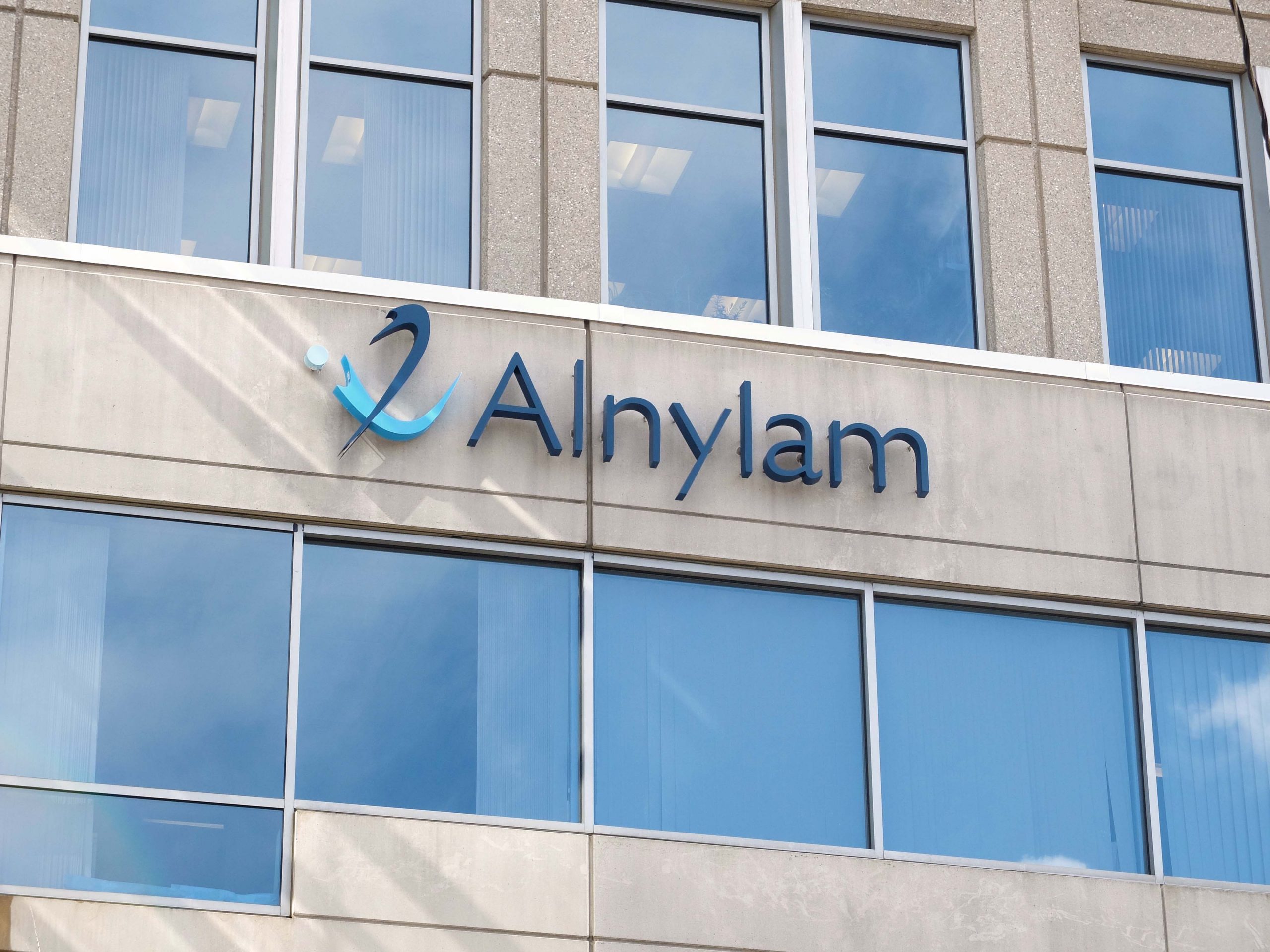Alnylam to file rare kidney disease drug after trial win

After years where RNA interference research was in the doldrums, Alnylam is on a roll and is preparing to file a rare kidney disease drug with the FDA, after two previous approvals.
The Massachusetts-based biotech said the ILLUMINATE-A phase 3 trial of lumasiran, an investigational RNA interference (RNAi) therapeutic for primary hyperoxaluria type 1 (PH1) hit its primary and all tested secondary goals compared with placebo.
Alnylam said lumasiran met the primary efficacy endpoint of percent change from baseline, relative to placebo, in 24-hour urinary oxalate excretion averaged across months three to six.
Importantly the results produced a p-value of less than 0.0001, indicating that the results were highly unlikely to be caused by chance.
The study also achieved statistically significant results for all six tested secondary endpoints and lumasiran also had an “encouraging” safety and tolerability profile.
Alnylam is preparing filings in the US and Europe for lumasiran in early 2020, based on the results from the randomised trial of around 30 patients.
Lumasiran has been granted Breakthrough Therapy designation by the FDA, paving the way for an expedited six-month review period and potential launch midway through next year.
Chief executive officer John Maraganore said that if regulatory reviews go well, Alnylam could have four RNAi products on the market by the end of next year.
The company is also conducting ILLUMINATE-B – a global phase 3 study of lumasiran in PH1 patients less than six years of age, with results expected in mid-2020, and ILLUMINATE-C – a global phase 3 study of lumasiran in PH1 patients of all ages with advanced renal disease, with results expected in 2021.
Full ILLUMINATE-A study results will be presented in an oral plenary session on Tuesday, March 31, 2020 at OxalEurope International Congress in Amsterdam, Netherlands.
PH1 is an ultra-rare disease in which excessive oxalate production results in the deposition of calcium oxalate crystals in the kidneys and urinary tract and can lead to the formation of painful and recurrent kidney stones and build-up of calcium in the kidneys.
Compromised kidney function exacerbates the disease as the excess oxalate can no longer be effectively excreted, resulting in subsequent accumulation and crystallisation in bones, eyes, skin, and heart, leading to severe illness and death.
Lumasiran works by blocking production of an enzyme known as glycolate oxidase (GLO), in turn inhibiting production of oxalate, the metabolite that causes the symptoms of PH1.
The drug is administered subcutaneously, allowing for increased potency and durability.
Alnylam's RNA therapy rival Akcea, an affiliate of Ionis, in October signed a deal with Pfizer to develop a potential blockbuster antisense therapy to treat patients with certain cardiovascular and metabolic diseases including type 2 diabetes and non-alcoholic steatohepatitis (NASH).












